We’re starting a series all about sustainability – little choices we can all make that add up, swaps that even the busiest parent can implement, brands really doing the work, and even how to audit your small business for sustainability measures. First, though, we wanted to acknowledge a couple of things: guilt and privilege.
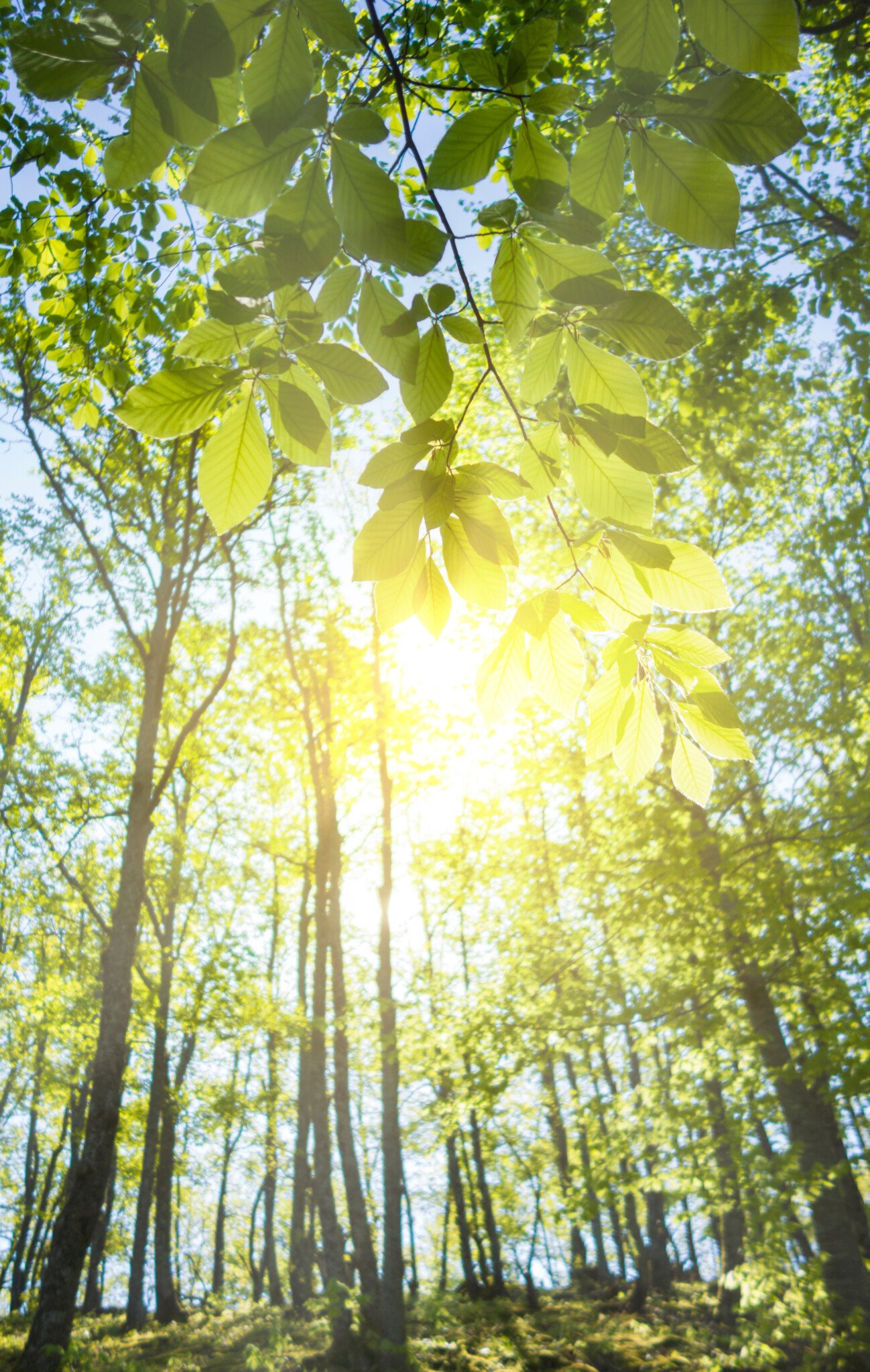
Both the Fed & Fit team and Liz Winkley, the author behind the blog series we’ll be sharing, are big proponents of doing the best you can, with the resources you have, right now. Resources can be financial resources, of course, but also the energy and time you have to devote to a certain endeavor. Resources are also your mental health, physical energy and ability, and knowledge you have at the moment. Though “when we know better, we do better” is often repeated, it’s true. When we learn more, we can do better for the future.
First, let go of the guilt.
Part of this “know better, do better” mantra means letting go of guilt for past actions for what you just didn’t know – we have all been there! Another part is letting go of the guilt for all the things that you learn but can’t immediately implement because of some of those resources mentioned above. If your mental health is suffering while trying to keep up with a sustainability measure, it’s OK – more than OK – to scale back, and put your focus on the areas where you’re excelling! Not cloth diapering, but reusing those glass jars? Great job you!
The other elephant that sometimes enters the room in these conversations is the expense of shopping certain brands that have the eco-friendly, sustainable, organic tagline on their label. I’ll try to dispel some of the costs myths, but of course, there will always be areas where personal budgets have to win over what we’d love to choose in a perfect world. That’s ok too. Doing the best we can with the resources we have right now is good enough. To quote Anne Marie Bonneau, “we don’t need a handful of people doing zero waste perfectly, we need millions of people doing it imperfectly.”
Basically, wherever you are right now is great. Thanks for being here and doing this work with us. Let’s learn and grow and save the earth together.
Now, let’s talk sustainability.
When we’re talking sustainability, being eco-friendly, green, loving the earth, there are some things we should consider FIRST before we take outward actions. Here’s what’s on my list:
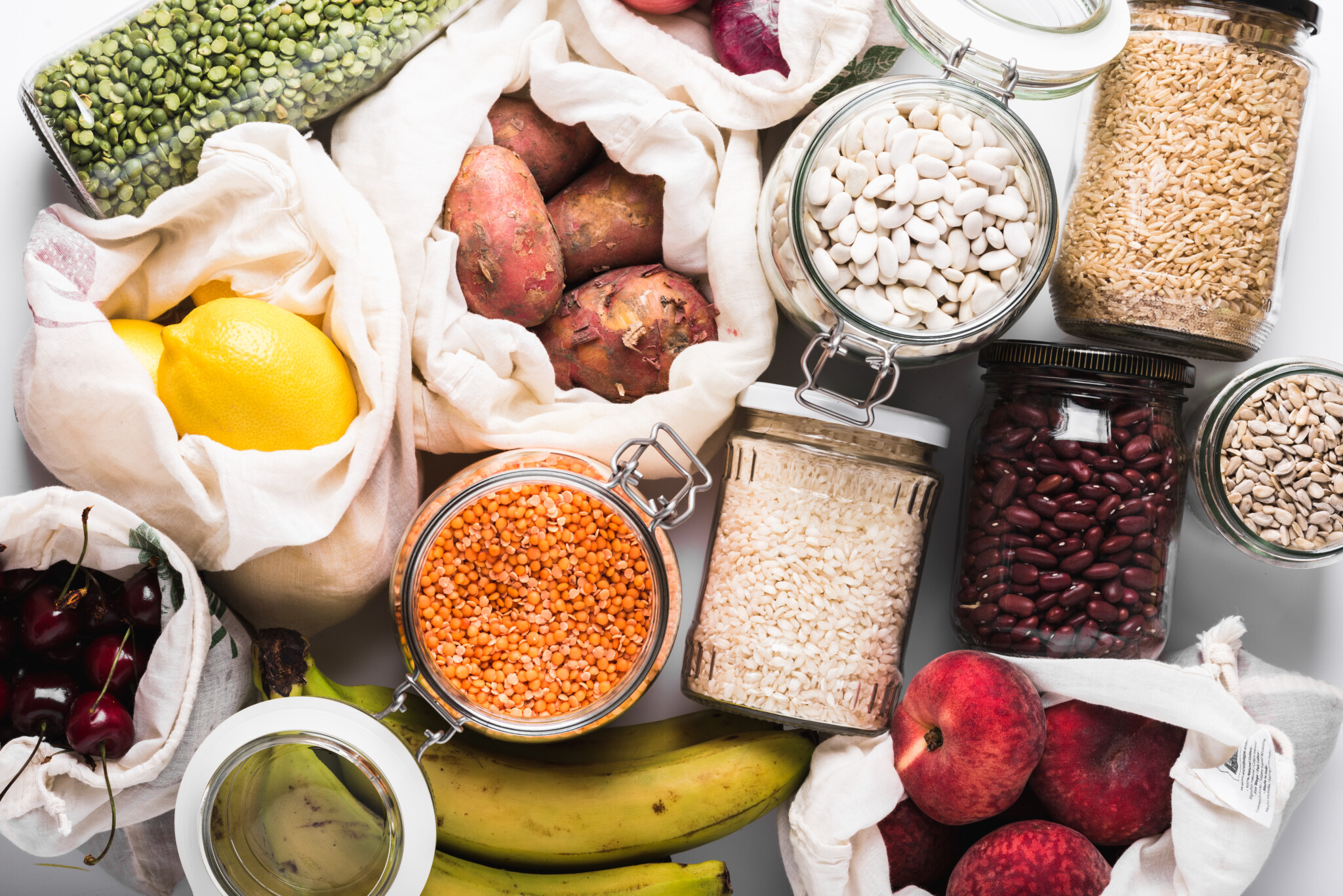
- WHY do I want to choose this specific option (eco-friendly xyz)?
- Is it product by product, life choice by choice (water bottles, carpooling, etc)
- OR am I looking from a birds eye view to make sweeping choices across every aspect of my life to make the best possible impact, or lack of, on the earth?
- Do I need to do anything outwardly at all? Or can I serve the earth better by inaction?
For me, the answer to #1 is easy – I’d like the earth to be a safer, better, healthier place for my kids when they’re grown than it is now. Basically – my convenience shouldn’t equal a mess that they have to deal with in 30 years. Is my disposable coffee cup worth the trash that their generation will have to deal with? And more immediately, the earth we’re living on TODAY could use some love, and the love that I can give is not adding to the trash or pollution she’s already overwhelmed with.
Number 2 is a little more nuanced, because, of course, there are things we all have to consume – food for one (and sourcing isn’t always perfect there), BUT there are things we’re led to believe we have to buy or DO to be more earth friendly that may not be true! We don’t HAVE to buy a reusable water bottle or coffee thermos – likely we all have jars lying around or an empty kombucha bottle that work just as well. Perhaps a brush made of natural fibers that’s completely biodegradable is a great option to have, but we already own an old brush that is still in great condition. A case by case judgment here for sure, but one to consider.
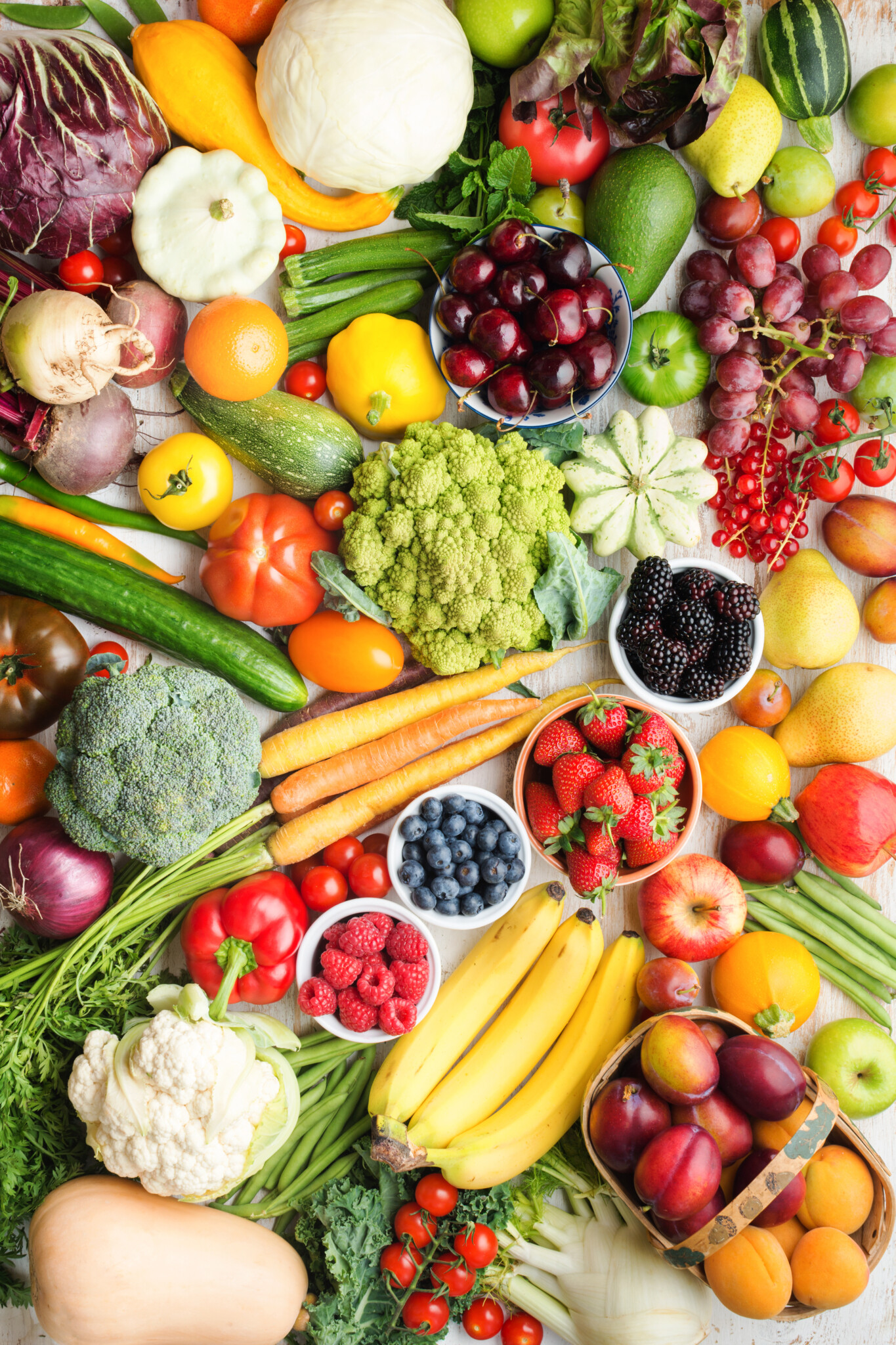
There are many companies making great strides to be carbon neutral, transparent on their sourcing of materials, and give back in ways that positively impact the earth like planting trees, doing ocean clean ups, and more, BUT I think when we are considering a purchase, it’s always useful to step back and ask if the purchase is necessary. Green, B Corp, pays fair wages, ‘has safe working conditions’ – companies are still companies. They exist to make a profit, to pay their employees, and to grow and sell product, so their marketing will likely lead us to believe that we MUST buy this pair of alpaca socks! This is your friendly reminder to add to cart and then walk away, for a day, or however long works for you, and then come back to see if that need was really there.
The definition of sustainable is able to be sustained or maintained. The current rate of global production and consumption isn’t sustainable. If the land where materials are being harvested isn’t being taken care of and the land is becoming more depleted of minerals and resources, then that’s not sustainability. By practice, consuming isn’t sustainable. This is why it’s important for all of us as consumers to hold the producers to high standards, taking care of the people involved in production AND the natural areas where pieces of the product is sourced.
So, why am I choosing this lifestyle that is centered around caring for the earth? Because we only have one, she’s had a hard go the last few decades, and because my kids have will have more time here than me, and much like a national park, if we can leave no trace, it’s much better for the folks walking the path after us. What’s your motivation for taking the small (or big) steps towards sustainability?
Just for You
Sustainability Articles
Want to broaden your knowledge of sustainability?
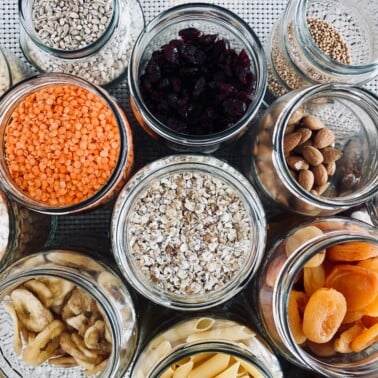
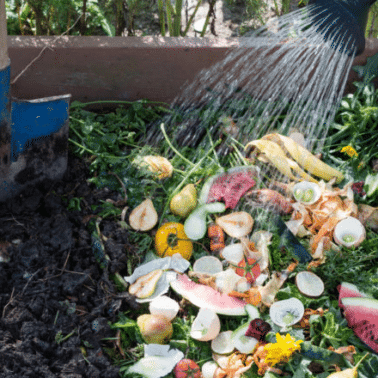
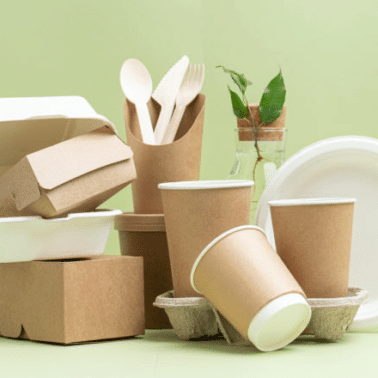
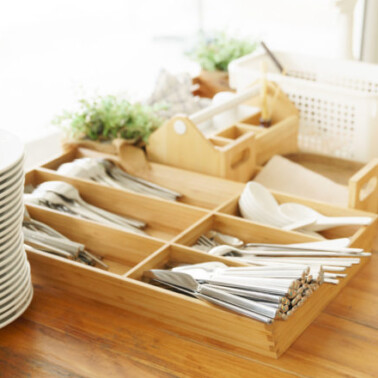








Great article! I’d love to learn more about sustainable fashion, fashion with less plastics (or none at all) and budget friendly sustainable finds. We do our best to not bring plastics in or out of the kitchen, it’s not easy especially the way some food is wrapped/stored but we seem to do a decent job and thankfully we have a nice garden of veggies to eat from.